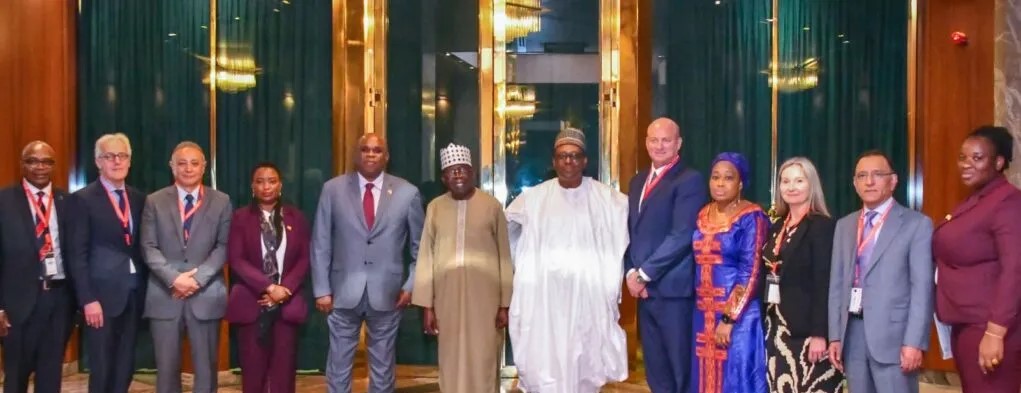(3 Minutes Read)
The African Export-Import Bank (Afreximbank) revealed on Wednesday (28th February) that it has emerged as the largest financier of oil and gas projects across the African continent. With a substantial investment of USD 30 billion in industry projects, Nigeria has secured a notable 60% share, despite facing challenges from reduced global funding for hydrocarbon ventures in Africa.
Africa needs to devise innovative solutions to address its considerable energy deficit, stated Prof. Benedict Oramah, President of Afreximbank, while speaking at the National Oil Companies Forum, held during the ongoing Nigeria International Energy Summit in Abuja, Prof. Oramah highlighted the critical role of adequate energy access in driving economic development across the continent. Prof. Oramah underscored the paradoxical situation where, despite Africa’s abundant oil, gas, and renewable energy resources, a significant portion of the population still lacks reliable and affordable energy access. He noted the continent’s limited traditional energy infrastructure but identified this challenge as an opportunity to leapfrog into more efficient renewable technologies.
However, Prof. Oramah cautioned that aspirations toward energy security and transition would remain unfulfilled without access to sufficient funding resources under Africa’s control. He pointed out the repercussions of international banks withdrawing funding from the oil and gas sector, significantly curtailing investments in exploration and production activities.
Read Also:
https://trendsnafrica.com/nigeria-gets-us3-billion-crude-oil-repayment-loan-from-afreximbank/
https://trendsnafrica.com/afcfta-can-lead-to-sustainable-development-in-africa-afreximbank-chief/
https://trendsnafrica.com/afreximbank-renews-approval-to-operationalise-afcfta-adjustment-funds/
The revelation underscores Nigeria’s pivotal role in Afreximbank’s efforts to bolster the oil and gas sector, reflecting the country’s strategic importance in Africa’s energy landscape. As Africa navigates the complexities of energy transition and sustainability, partnerships and investments of this magnitude are pivotal in driving progress toward a more inclusive and sustainable energy future for the continent.





